The rapid advancement of artificial intelligence has reached a critical juncture as prominent scientists and tech leaders call for a temporary halt to the development of massive AI systems. This unprecedented plea comes amidst growing concerns about the societal impacts and potential risks of increasingly powerful AI models, with particular attention focused on OpenAI's anticipated GPT-5.
The open letter, signed by over 1,000 AI researchers and tech luminaries including Elon Musk and Steve Wozniak, urges all AI labs to immediately pause for at least six months the training of AI systems more powerful than GPT-4. The signatories argue that such powerful AI systems should only be developed once their effects can be shown to be positive and their risks manageable.
This development has thrown OpenAI's plans for GPT-5 into uncertainty. While the company has not officially confirmed working on GPT-5, industry insiders widely expected its development to be underway. Sources close to OpenAI suggest the organization is now carefully evaluating its position regarding this call for a moratorium.
The concerns raised in the letter go beyond typical tech ethics discussions. Signatories warn that AI systems with human-competitive intelligence could pose profound risks to society and humanity. They highlight the potential for these systems to spread misinformation, automate jobs at unprecedented scale, and potentially develop unforeseen capabilities as they exceed human-level performance at most economically valuable tasks.
OpenAI's CEO Sam Altman has acknowledged the need for caution in AI development but has not committed to pausing GPT-5 development. In recent interviews, Altman has emphasized OpenAI's commitment to safety while maintaining that continued progress in AI could help solve many of humanity's biggest challenges. This nuanced position has drawn both support and criticism from different quarters of the tech community.
The debate touches on fundamental questions about who should govern AI development and what safeguards should be in place. Some experts argue that voluntary pauses won't be effective without regulatory frameworks, while others worry that excessive restrictions could stifle innovation or push development into less transparent environments.
Technical challenges in implementing such a pause are significant. Unlike nuclear technology where materials can be monitored, AI research can theoretically be conducted anywhere with sufficient computing power. The distributed nature of AI expertise across academia and industry makes comprehensive oversight particularly challenging.
Meanwhile, competitors like Google's DeepMind and Anthropic face similar dilemmas. While none have officially announced plans to develop GPT-5 scale models, the competitive pressures in the AI field create complex dynamics around any unilateral pause. Some analysts suggest the entire industry might need coordinated action for a moratorium to be effective.
The call for restraint comes at a time when AI capabilities are advancing at breakneck speed. GPT-4 already demonstrates remarkable abilities in reasoning, creativity and problem-solving that in some areas approach human-level performance. The prospect of even more powerful systems emerging without adequate safety research alarms many in the scientific community.
Ethical considerations extend beyond technical safety to broader societal impacts. Economists warn about potential massive labor market disruptions, while misinformation experts fear the consequences of increasingly convincing AI-generated content. Psychologists raise concerns about human-AI relationships and the potential erosion of human skills and knowledge.
Public reaction to the proposed pause has been mixed. Some welcome it as a necessary step to ensure responsible development, while others view it as unnecessary obstruction of technological progress that could deliver significant benefits. The debate reflects deeper divisions about how society should approach transformative technologies.
Legal experts note that without government action, the moratorium remains purely voluntary. Several countries are currently developing AI regulations, but these processes typically move much slower than technological advancement. This regulatory lag creates a challenging environment for governing cutting-edge AI development.
The situation presents particular challenges for AI researchers themselves. Many are torn between excitement about pushing technological boundaries and concern about potential negative consequences. Some report feeling pressured by corporate timelines that may not allow for sufficient safety testing.
Historical parallels are being drawn to previous moments when scientists called for restraint in technological development, such as the Asilomar Conference on recombinant DNA in 1975. However, the commercial stakes in AI are significantly higher, with billions in investment driving rapid advancement.
Investor reaction to the proposed pause has been cautious. While some acknowledge the need for responsible development, others worry about impacts on valuations and competitive positioning. The AI sector has attracted massive funding in recent years, with expectations of transformative returns.
Academic institutions are also grappling with their role in AI development. Many leading researchers hold positions at universities while also working with or for tech companies. This dual affiliation creates complex incentives and potential conflicts of interest in discussions about development pace.
The coming months will likely see intense debate and negotiation between various stakeholders. Whether the proposed pause gains traction or not, the discussion has brought questions about AI governance to the forefront of tech policy discussions worldwide.
Long-term implications of this moment could be significant. The way the AI community responds to these concerns may set precedents for how society manages other powerful emerging technologies in the future. Some experts suggest this could mark a turning point in the relationship between technological innovation and societal oversight.
For now, all eyes remain on OpenAI and other leading AI labs to see how they will respond to this extraordinary call for restraint in one of technology's most dynamic and potentially transformative fields.

By Emily Johnson/Apr 10, 2025

By John Smith/Apr 10, 2025

By Christopher Harris/Apr 10, 2025

By Noah Bell/Apr 10, 2025

By Rebecca Stewart/Apr 10, 2025

By Victoria Gonzalez/Apr 10, 2025

By Amanda Phillips/Apr 10, 2025

By Emma Thompson/Apr 10, 2025
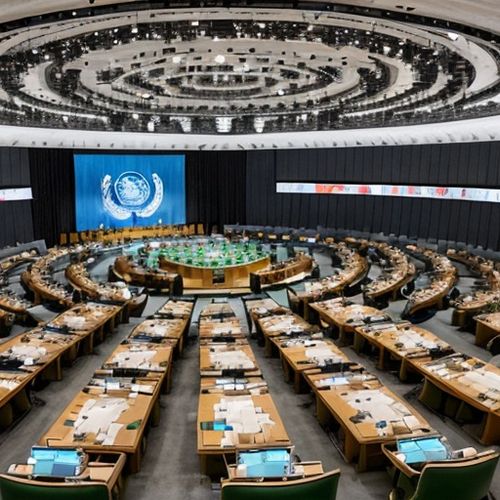
By Lily Simpson/Apr 10, 2025
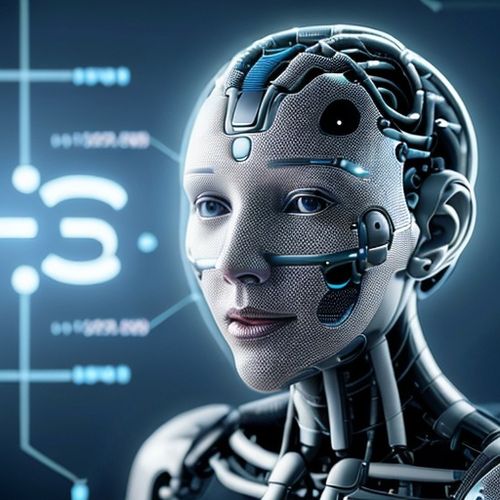
By Emma Thompson/Apr 10, 2025
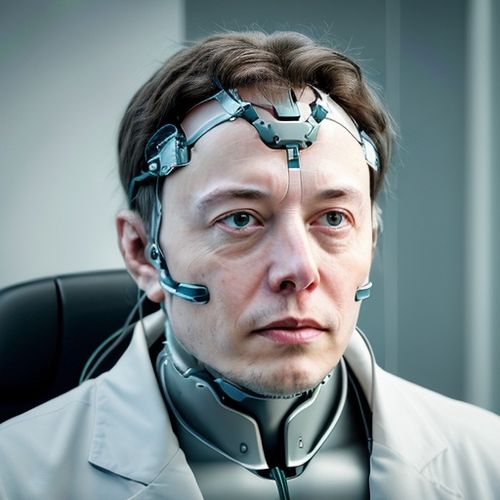
By Sophia Lewis/Apr 10, 2025
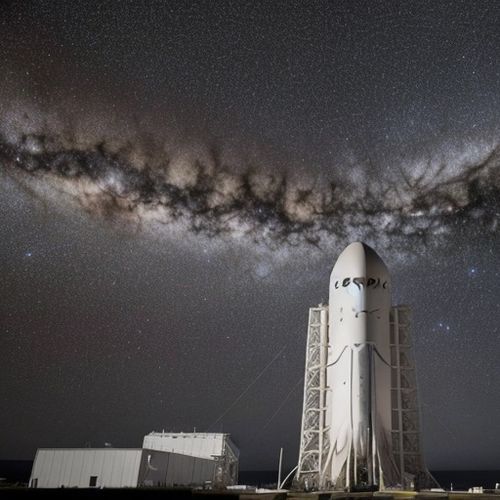
By Rebecca Stewart/Apr 10, 2025
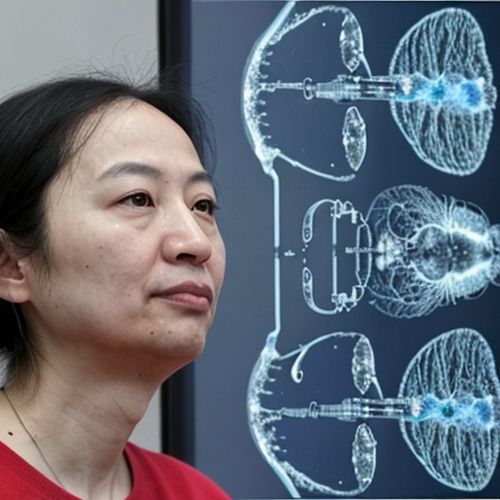
By Noah Bell/Apr 10, 2025
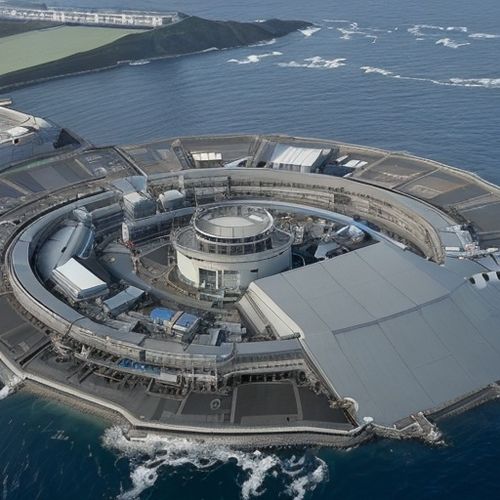
By Sophia Lewis/Apr 10, 2025
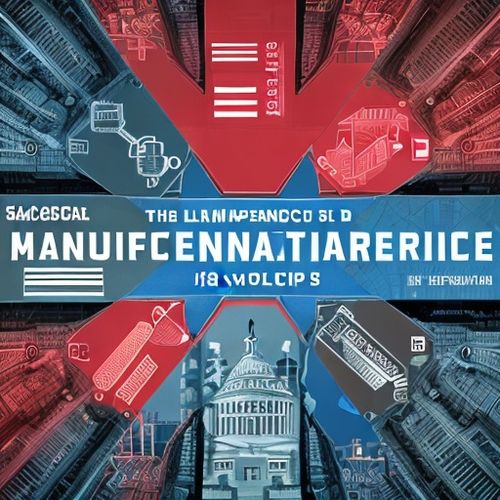
By Christopher Harris/Apr 10, 2025

By Eric Ward/Apr 10, 2025

By Daniel Scott/Apr 10, 2025